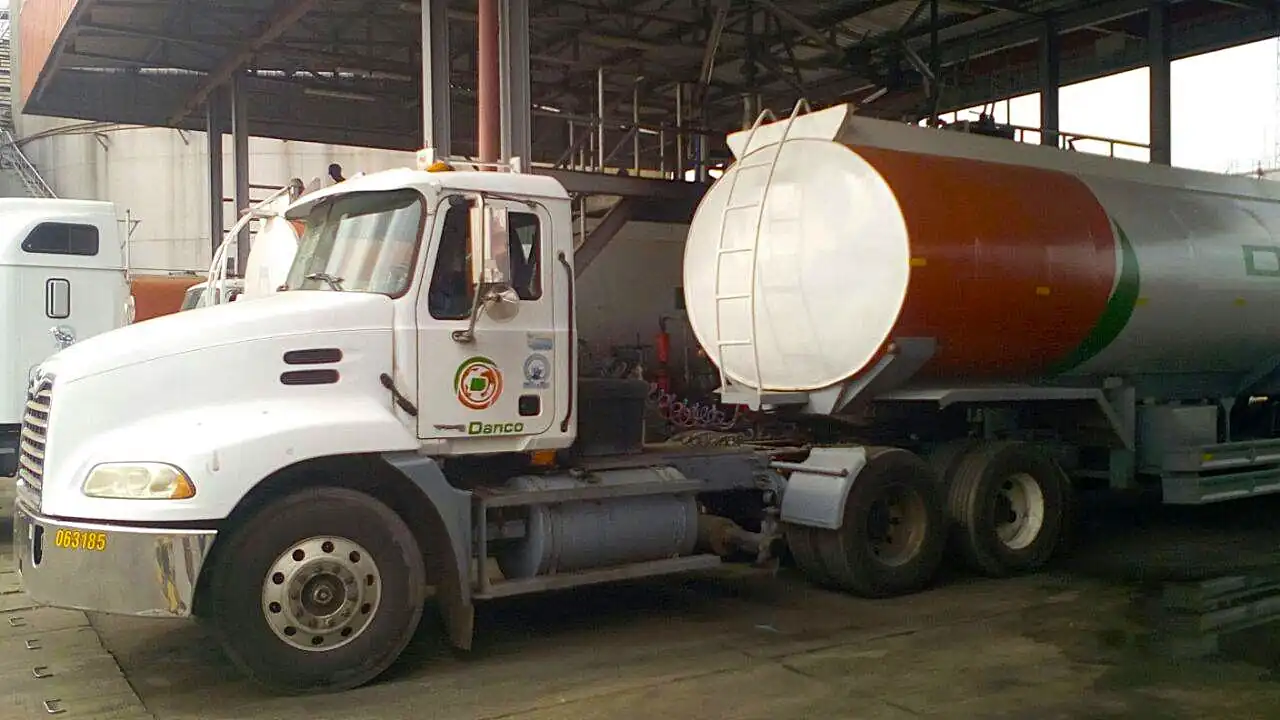In today’s fast-paced world, the logistics industry faces ever-growing demands for speed, accuracy, and efficiency. Fleet management technology has emerged as a game-changer, enabling companies to optimize their operations while reducing costs and environmental impact. At Track&Win Transport Limited, leveraging cutting-edge fleet management tools is at the heart of our mission to deliver superior logistics solutions.
Fleet management technology encompasses a suite of tools and systems designed to monitor, control, and optimize fleet operations. At its core is real-time tracking, which provides companies with live updates on the location and status of their vehicles. This capability ensures better visibility across the supply chain, allowing businesses to respond swiftly to delays, reroute shipments, or address unforeseen challenges.
Route optimization is another transformative aspect of fleet management technology. By analyzing traffic patterns, weather conditions, and delivery schedules, advanced software can suggest the most efficient routes. This reduces fuel consumption, minimizes travel time, and enhances customer satisfaction by ensuring on-time deliveries.
At Track&Win, real-time monitoring also plays a critical role in ensuring safety. Fleet management systems alert our team to potential issues, such as unsafe driving behavior, vehicle malfunctions, or route deviations. These insights allow us to address problems before they escalate, protecting both our drivers and the communities we serve.
Fuel management is a significant cost factor in logistics, and fleet management technology offers innovative solutions to address this challenge. By tracking fuel consumption patterns, the system identifies inefficiencies and provides actionable data to reduce wastage. For Track&Win, this translates to both cost savings and a reduced carbon footprint, aligning with our commitment to sustainability.
The integration of telematics is pushing fleet management to new heights. Telematics combines telecommunications and information technology to monitor everything from vehicle diagnostics to driver performance. For instance, sensors can detect engine health, tire pressure, and other critical metrics, enabling proactive maintenance and minimizing downtime.
Driver management is another key benefit of fleet technology. Through training programs informed by data, we empower our drivers to adopt safer and more fuel-efficient practices. With Track&Win’s focus on professionalism, our team continually strives for excellence in every delivery.
Moreover, fleet management systems facilitate better communication between dispatchers and drivers. Automated updates and digital logs replace traditional paperwork, streamlining administrative tasks and reducing the likelihood of errors. This seamless communication also enhances transparency, keeping clients informed about their shipments every step of the way.
Beyond immediate operational benefits, fleet management technology provides invaluable analytics for long-term strategic planning. Historical data allows companies to identify trends, forecast demand, and make informed decisions about fleet expansion or route adjustments.
At Track&Win, the adoption of fleet management technology underscores our dedication to innovation and customer satisfaction. By optimizing our logistics processes, we ensure that businesses receive reliable, timely, and cost-effective solutions. As the logistics landscape continues to evolve, we remain committed to leveraging the latest advancements to stay ahead of the curve.
Fleet management technology is more than a tool—it is a transformative force shaping the future of logistics. By investing in these systems, Track&Win is setting new standards for efficiency, safety, and sustainability in Nigeria’s transportation sector.


